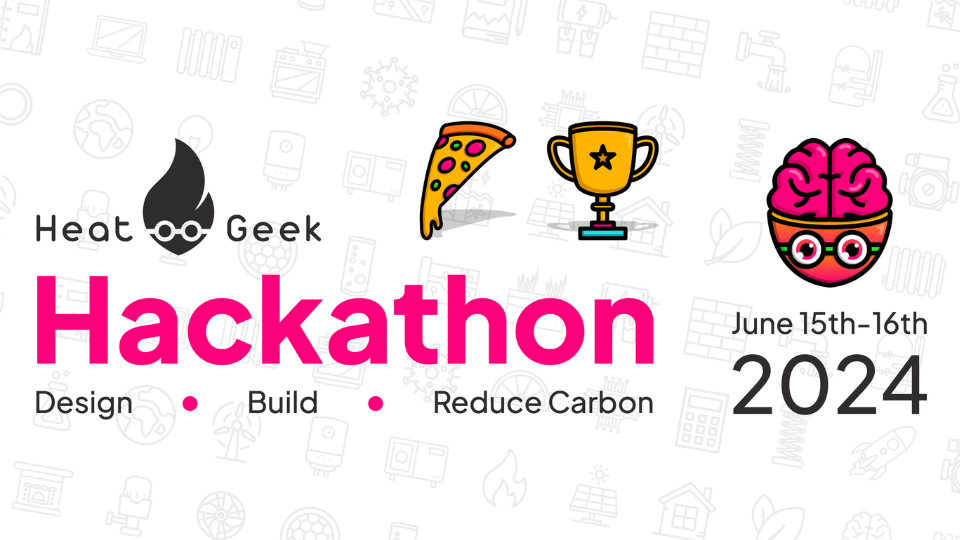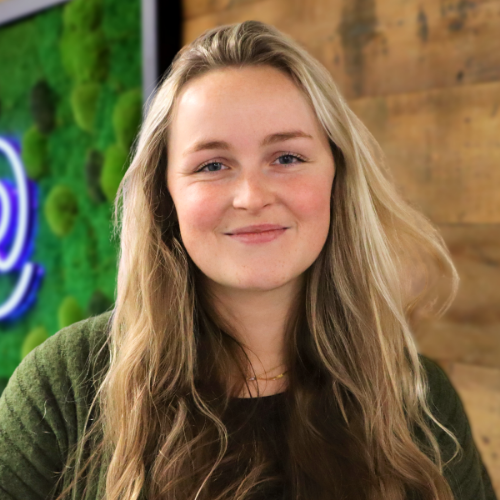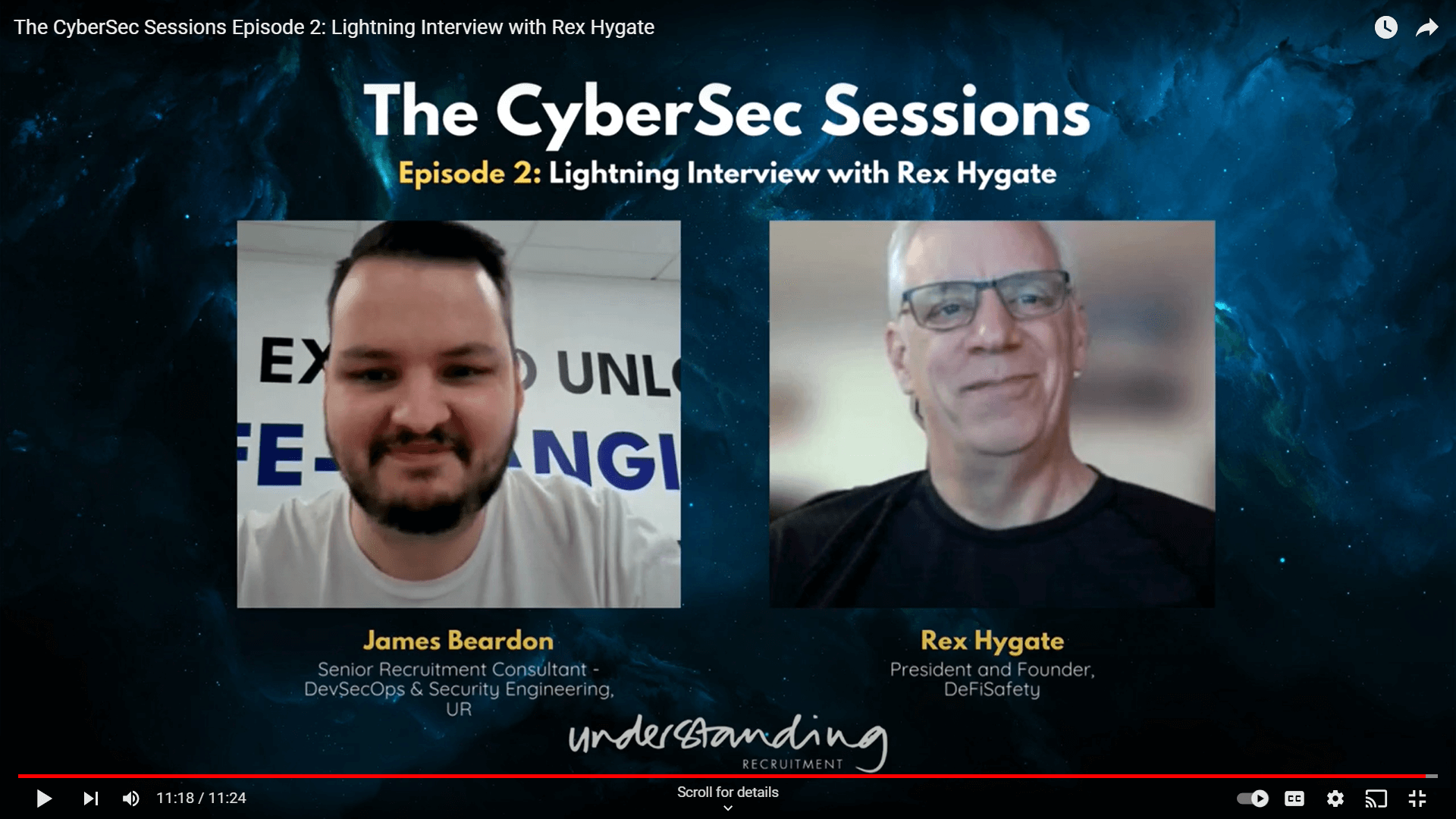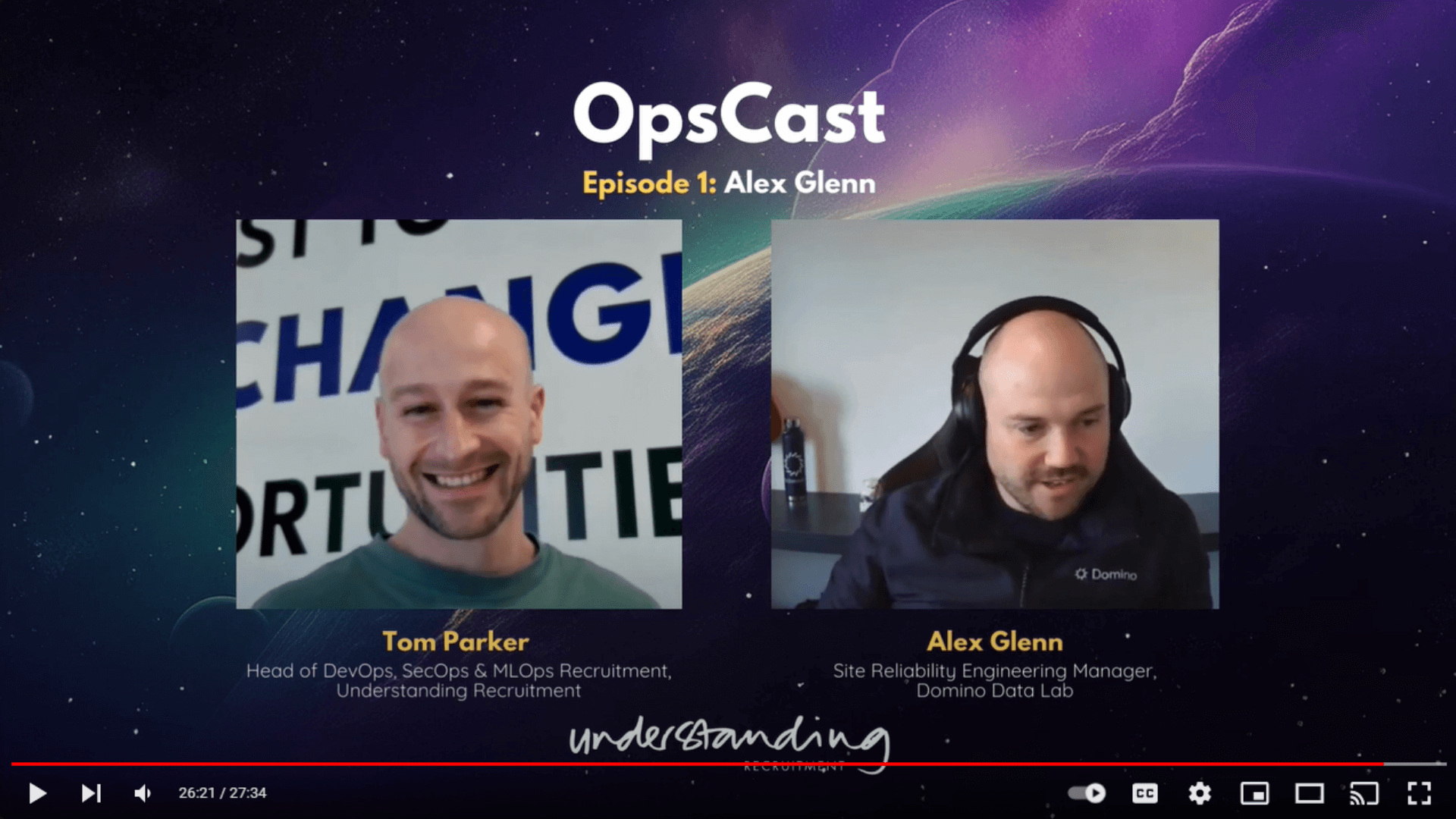
Diversity In AI Series: Research Scientist Ye Tian On Working On Amazon Alexa And The Value Of NLP
19th October, 2021As Head of Machine Learning & AI recruitment, every day I look for great talent to fill machine learning jobs that are going to have an impact on the world. There is a growing need for diversity in tech across all areas when it comes to candidate selection, however, and I’m here to make a case for why. This month, I’m joined by research scientist, Ye Tian, who played a part in the development of Amazon’s Alexa voice assistant technology and an all-around NLP (Natural Language Processing) expert.
A ‘diversity disaster’
"A ‘diversity disaster’ is, in turn, having an effect on technology and resulting in flawed AI systems that perpetuate gender and racial biases."
From linguistics to a career in AI and joining Amazon
Computer science + humanities = the future of AI?
“It’s eye-opening to see interns I work with from humanities background working on data, language and NLP problems with engineers.”
Does biology affect gender diversity in engineering?
Ye’s advice for those applying to AI jobs -
“When I applied to Amazon, I didn’t expect to get it at all,” recalls Ye. “I thought my background was too different, but I got it.”
Reflecting on the AI &Machine Learning job industry right now and following on from recent conversations with successful engineers working in AI, I feel like we’re at a crucial point for diversity in tech.
According to the AI Now Institute at New York University, there is a ‘diversity disaster’ which is, in turn, having an effect on technology and resulting in flawed AI systems that perpetuate gender and racial biases. All things point to the need for change and increasing openness in the sector.
80% of AI professionals are men and only 15% of AI researchers at Facebook, and 10% of AI researchers at Google are women. Most may not be surprised by these statistics, but that highlights the problem itself.
There’s no quick fix here, but there’s industry-wide change trickling in. Talking to those leading the way in the sector as a minority is a reminder of the power of a diverse team, and inspiration for those on the fringes of the tech sector and at the early stages of their career.
For my third edition of Diversity in AI I’m thrilled to talk to Ye Tian, founder of How Am I Weird Game Studio, former Research Scientist with Amazon Alexa (focused on Natural Language Generation) and currently working as Research Scientist in Conversational AI & NLP at Wluper. She received her PhD from UCL on computational linguistics in 2014 and has since been Visiting Lecturer & Research in NLP.
Rewind back to 2008/9, however, and this path wasn’t always so clear.
“When I was doing my Masters and during the early stages of my PhD, I hadn’t heard of AI and NLP was really at its infancy – that’s how far away it was,” recalls Ye.
Ye is a fantastic example of the value of a humanities path to the AI & Machine Learning world. Her background was originally linguistics rather than computational linguistics and naturally, focused on human interaction rather than building machines.
“Studying dialogue in my post-doc was my first entry point to the computer science world, and I gradually started mixing with people from this background and going to conferences, and that’s how I realised that I think there’s something in the intersection that I can work on.”
Then Amazon came calling and with it an opportunity to combine her expertise in NLP, linguistics and computational linguistics, to work on its Alexa voice assistant technology a year after the initial product launch.
The experience, says Ye, taught her a lot about working with colleagues from different academic backgrounds. “Working on projects that require coding engineering daily with colleagues who are from the background is challenging, but also exciting,” reflects Ye, on her time working at Amazon’s Cambridge office.
“I’ve always learned in my jobs as much as I’ve learned in time in education. The field is advancing so fast, we all are – whatever your background.”
“It was interesting to see how perspectives merge and how people who are in linguistics see language, for example, from a slightly different point of view. I think we ask different types of questions.
If you imagine how a conversation works in terms of what we see in films – for instance, conversations where one person speaks and the other person speaks, that’s naturally how we think conversation sounds like, but it actually doesn’t sound like that,” explains Ye.
“In natural conversations, there a lots of overlaps – people speaking at the same time, very freely. Around 40% of utterances have overlap and that’s something if you didn’t study linguistics, you just wouldn’t think like that. I think a humanities background gives you different perspectives. Someone from a computer science background, for instance, may not even realise that was a question in the first place, so together they can find a solution.”
“It’s eye-opening to see interns I work with from humanities background working on data, language and NLP problems with engineers.”
Catherine Oxley, a previous guest of Diversity in AI, is a shining example, of how a language background can lead to a rewarding career in AI when growing companies broadening their criteria.
Ye says companies are slowly starting to realise that they’d benefit from having someone from a languages or humanities background, opening up the industry and AI jobs to a wider field of applicants.
“As you work into a problem, some are getting to the point when they realise through solely engineering or whatever data they have, it’s not enough and they need insights of seeing language a different way are needed.”
She affirms: “I think the fine-tuning needed to make something next level will see more people come into the industry from an arts background.”
Ye says the tradition of computer science and engineering being male-dominant has been evident in her career, due to socialisation and the expectation of what the norms are. Ye asks, however, if the gender split in engineering is something there could be biological reasoning behind.
“One could also argue there’s a certain affiliation of feeling about engineering, as there are some biological differences – for example, babies at 10 days old have shown slight preferences, such as female babies prefer to look at faces and male babies would rather look at things to do with objects. Females are more interested in things to do with social interaction.”
Of course, there can be brilliant engineers of any gender, but the question of nature of interest is a fascinating one, and if there is an inclination towards human socialising among females whilst interaction with machines is inherently more ‘male’.
“NLP is an interesting subject, as although it’s traditionally put within the engineering domain (i.e. interaction with machines), you’re building something to interact with a human.”
Ye says she thinks this opens up possibilities for more women and people from a variety of diverse backgrounds – of thought, ethnicity, and more, to help build great systems that interact effectively with humans. “I do think there will be more individuals from different backgrounds, because if we’re not interested in how people interact then how can we build something that interacts with people.”
It’s great as someone in close contact with machine learning and AI companies every day creating gender diversity reports, having more awareness about their hiring process, and see the increasing openness to candidates outside the ‘typical’ mould.
I think people are recognising there’s only a certain amount of job candidates out there, and a lot of companies who want them.
“When I applied to Amazon, I didn’t expect to get it at all,” recalls Ye. “I thought my background was too different, but I got it.”
“I’ve been running seminar series a UCLA (University of California, Los Angeles) about NLP, and I’m seeing a lot of female students from a linguistics background wanting to get into the industry and ways that maybe help them get there.”
She continues: “Within traditional education, PhDs and Masters from Universities are of course very valued. Within industry, I’d say ask yourself what you enjoy and how you may be able to get experience in this,” states Ye.
“I feel that the industry is valuing self-education more and more, and individuals that have online courses (e.g. Stanford’s machine learning course) even if they don’t have a computer science degree, for example.
I have an intern working with me who studied history, but she’s at the same time interested in NLP, so she took online courses on it, as well as deep learning and machine learning, to get certificates, but also experience and knowledge that can help her get into AI.”
“I feel there are more ways to get into the sector now, even if you didn’t take the traditional path. You can self-study and then go on to do self-projects, so you can show people your knowledge and build an NLP application.”
From a recruiter perspective, I sometimes speak to candidates who fit the bill perfectly, but their 'imposter syndrome' can come into play when they see a long list of requirements. To those candidates, I say believe that you’re a great fit, and to some clients, I suggest let’s be flexible with the job spec and put together a bullet point list of key personality traits and skills, and together let’s create a more inclusive AI & machine learning industry.
A big thank you to Ye Tian for taking part in my Diversity in AI series and sharing how a linguistics background can lead to fascinating work in NLP. Looking for your next great tech job in machine learning? Do get in touch to have a chat about your experience and ambitions for your career in machine learning and AI, or if your business has any roles in the sector you would like to discuss.


